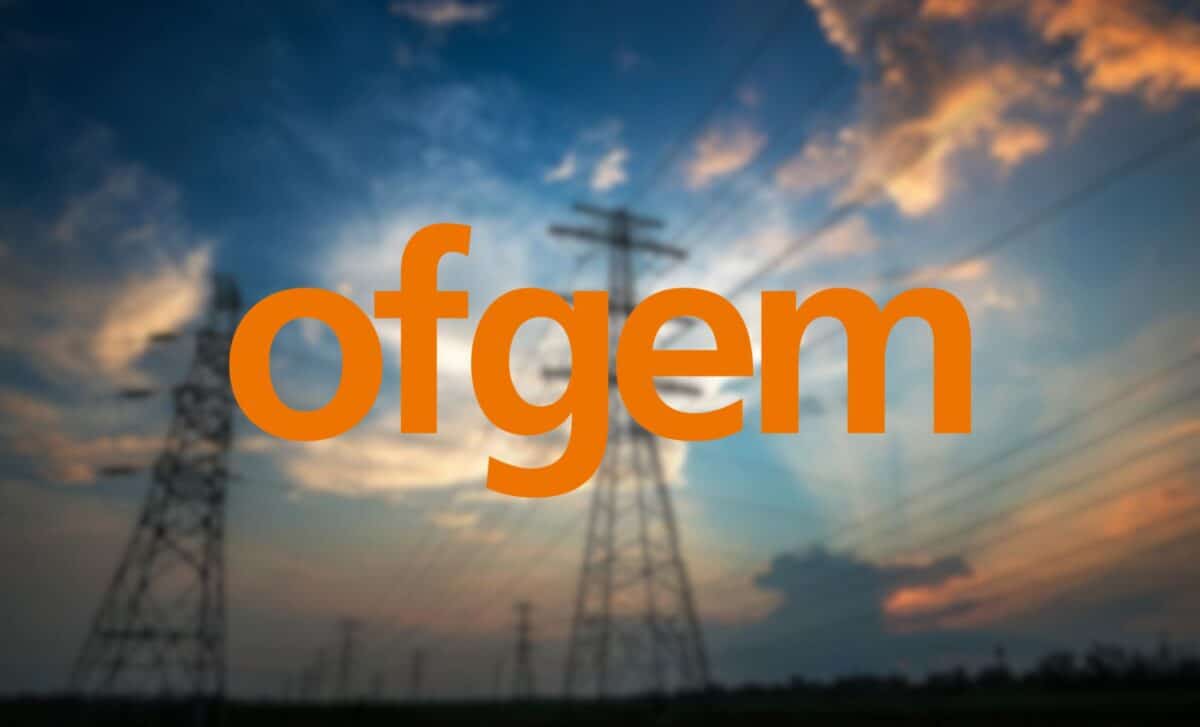Energy bills for a typical UK household are set to increase by £111 per year from April, surpassing initial forecasts. The rise, announced by energy regulator Ofgem, brings the annual average bill to £1,849, reflecting a 6.4% hike in the energy price cap.
The increase marks the third consecutive rise in the quarterly cap, driven primarily by higher wholesale costs. According to the Guardian, the decision affects 22 million households across England, Scotland, and Wales, many of whom are already facing financial strain due to the cost-of-living crisis.
Why Energy Costs Are Rising Again
The latest adjustment to the price cap is largely attributed to fluctuations in the global gas market. According to Ofgem, rising wholesale prices in early 2024 contributed to the unexpected increase.
Since January, the cap has risen by 1.2%, but market conditions forced a sharper adjustment for the second quarter of the year. Gas prices, which account for a significant portion of the UK’s energy supply, have experienced volatility due to geopolitical tensions and fluctuating demand across Europe.
Under the new cap, the unit price for gas will increase to 6.99p per kilowatt hour (kWh), up from 6.34p, while electricity will rise from 24.86p to 27.03p per kWh. Although the standing charge for electricity is set to drop slightly from 60.97p to 53.8p per day, the charge for gas will increase from 31.65p to 32.67p per day, further impacting consumers.
Jonathan Brearley, Ofgem’s chief executive, acknowledged the burden on households, stating: “We know that no price rise is ever welcome, and that the cost of energy remains a huge challenge for many households.” He encouraged customers to explore fixed tariffs where possible to manage costs more effectively.
Household Impact and Government Response
For millions of consumers on variable tariffs, the new cap will take effect immediately, while those on fixed-rate plans will be insulated until their contracts end. The changes mean that average annual energy bills remain around 50% higher than pre-pandemic levels, despite falling from the record highs seen in 2022.
Campaigners warn that the rise will be particularly difficult for low-income households, with many already struggling with energy debt. According to Citizens Advice, 6.7 million people in the UK owe money to their energy suppliers, with total outstanding bills exceeding £4 billion.
In response, the government has announced plans to expand the Warm Home Discount scheme, adding 2.7 million more households, including families with children, to the list of those eligible for a £150 reduction on annual energy costs. However, concerns remain that broader measures are needed to address affordability in the long term.
Energy Secretary Ed Miliband defended the government’s actions, stating: “This government is determined to do everything we can to protect people from the grip of fossil fuel markets.” Analysts suggest that while prices may ease later in the year, volatility in the energy market continues to pose a risk to household finances.









